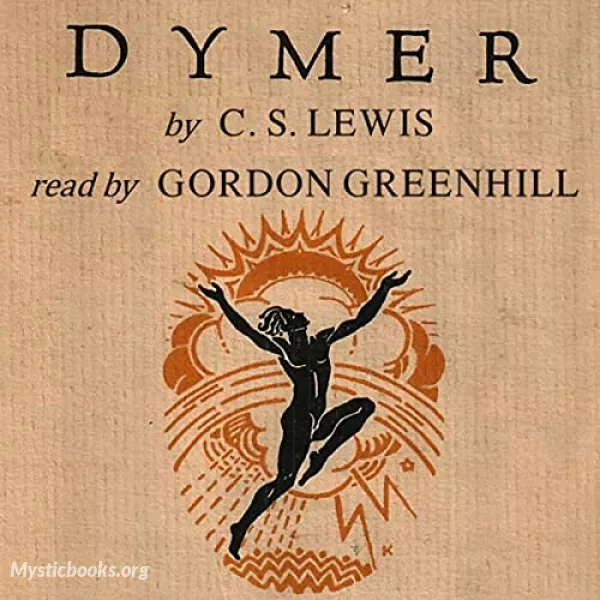
Dymer
by C. S. Lewis
'Dymer' Summary
Dymer is a long narrative poem written by C. S. Lewis, the renowned author of The Chronicles of Narnia. It was one of Lewis's earliest works, written during his Oxford University days in the 1920s, but it was not published until 1926, under the pseudonym Clive Hamilton.
The poem tells the story of a young man named Dymer, who is dissatisfied with his mundane life and sets out on a journey of self-discovery. He encounters various characters along the way, including a mysterious woman named Gwyneth, a wise old man, and a malicious magician, among others. Through his encounters, Dymer learns important lessons about life, love, and the human condition.
The poem explores themes of identity, redemption, and spiritual awakening. Dymer's search for meaning and purpose in life is relatable to many readers, especially those who are navigating their own journey of self-discovery. Lewis's poetic language is evocative and lyrical, drawing the reader into Dymer's world and his innermost thoughts and feelings.
Dymer is often overshadowed by Lewis's more popular works, but it is nonetheless a significant contribution to English literature. The poem showcases Lewis's early talent for storytelling and his mastery of the poetic form. Its themes are timeless and resonate with readers to this day.
In conclusion, Dymer is a thought-provoking narrative poem that deserves more recognition. Its exploration of identity and spiritual awakening makes it a compelling read for anyone on a journey of self-discovery.
Book Details
Authors
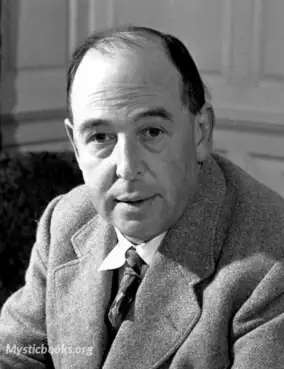
C. S. Lewis
England, Ireland
Clive Staples Lewis was a British writer and lay theologian. He held academic positions in English literature at both Oxford University (Magdalen College, 1925–1954) and Cambridge University (Ma...
Books by C. S. LewisDownload eBooks
Unfortunately, no ebooks exist for this book, yet...
Listen/Download Audiobook
- Select Speed
Related books
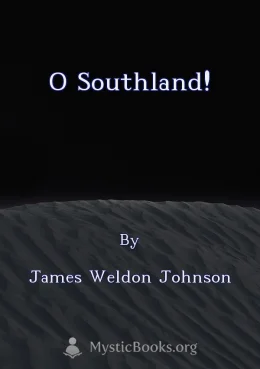
O Southland! by James Weldon Johnson
In celebration of Juneteenth, LibriVox volunteers bring you five different versions of O Southland!, by James Weldon Johnson. This was the weekly poe...

A London Plane-Tree and Other Verse by Amy Levy
A London Plane-Tree And Other Verse (1889), contains lyrics that are among the first to show the influence of French symbolism.

Weib und Welt – Gedichte und Märchen by Richard Dehmel
Richard Dehmel's "Weib und Welt" is a collection of poems and fairy tales that explore themes of love, loss, desire, and the beauty of nature. Dehmel'...

Selected Poems by Dante Gabriel Rossetti
Dante Gabriel was a co-founder of the Pre-Raphaelite Brotherhood of painters, contributing to a renewed interest in medieval themes and techniques. Bo...

Flood-Tide Of Flowers by Henry Van Dyke
“Flood-Tide of Flowers” is a collection of essays and poems by Henry Van Dyke, exploring the beauty and significance of nature, particularly the chang...

The Secret by William Cosmo Monkhouse
LibriVox volunteers bring you 17 different recordings of The Secret by Cosmo Monkhouse. This was the weekly poetry project for the week of November 4t...

Francesco Petrarca - Sonette - übersetzt und ausgewählt von Carl Streckfuss by Francesco Petrarca
Die Sonette von Francesco Petrarca sind eine zeitlose Huldigung an die Liebe und ihre Facetten. Tauchen Sie ein in die zeitlose Poesie eines der bedeu...
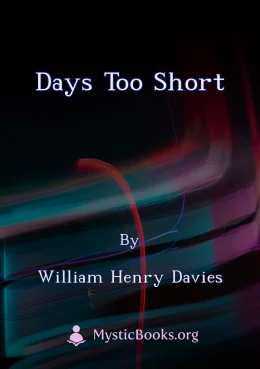
Days Too Short by William Henry Davies
Days Too Short is a collection of poems by William H. Davies that explores the themes of nature, life, love, loss, memory, hope, beauty, transience, a...
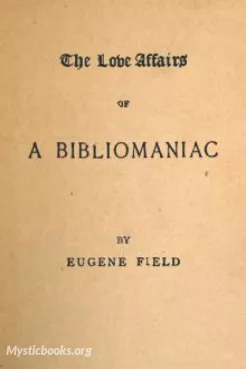
The Bibliomaniac's Bride by Eugene Field
The poem tells the story of a bibliomaniac, or book lover, who is obsessed with collecting rare and valuable books. He falls in love with a woman who...
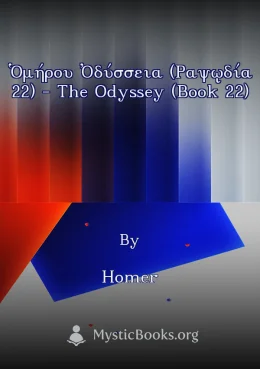
Ὁμήρου Ὀδύσσεια (Ραψῳδία 22) - The Odyssey (Book 22) by Homer
The Odyssey is an epic poem attributed to Homer, describing the journey of Odysseus, a Greek hero, who spends ten years trying to return home after th...
Reviews for Dymer
No reviews posted or approved, yet...